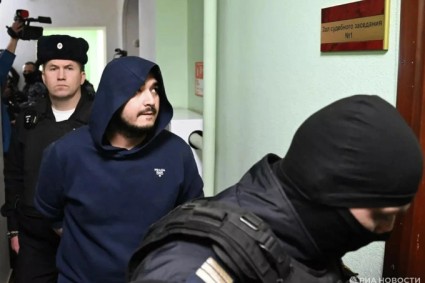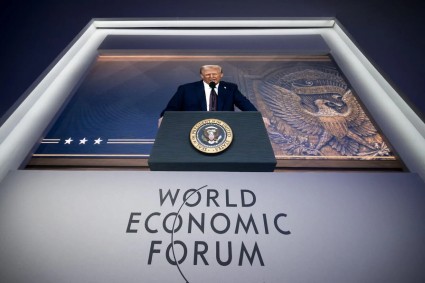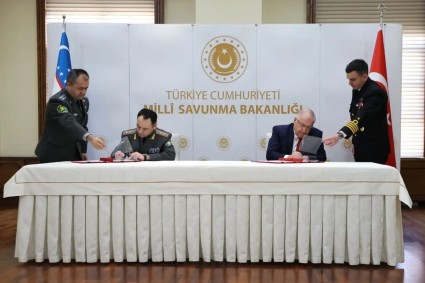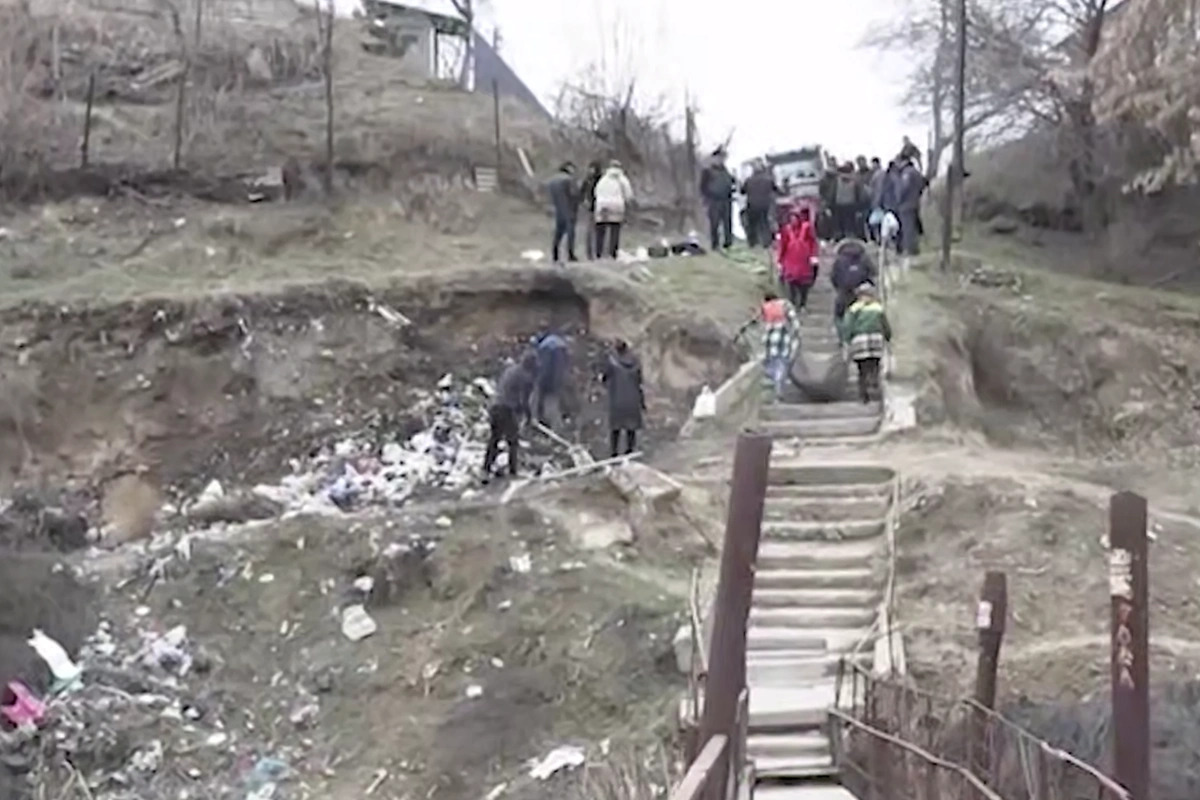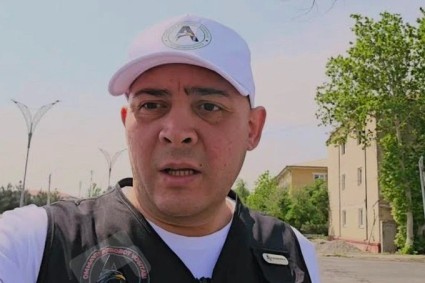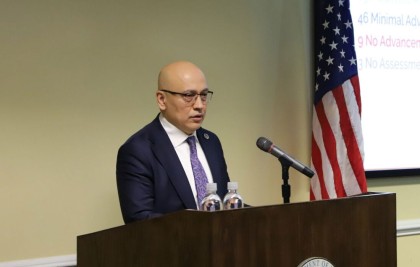The Cooperation Council between the European Union (EU) and the Republic of Uzbekistan held its thirteenth meeting on Monday, 17 July in Brussels.
The Cooperation Council reviewed the positive development of bilateral relations, including political, judiciary and economic reforms, the rule of law, trade, investment and energy relations, and international issues. The Cooperation Council also discussed good governance and cooperation with civil society. Human rights issues, in particular Uzbekistan's compliance with international human rights instruments, were also discussed.
The Cooperation Council also reviewed measures to improve the business climate in Uzbekistan, as planned in its action strategy for development for 2017-2021. In this context, Uzbekistan's significant potential for developing tourism was recognised. Uzbekistan's renewed engagement with the European Bank for Reconstruction and Development (EBRD) and the European Investment Bank (EIB) is opening new financing possibilities for the country.
The Cooperation Council welcomed the newly established sub-committee on development cooperation and looked forward to its first meeting.
The Cooperation Council also noted with satisfaction the entry into force on 1 July of the 'Textile Protocol', amending the EU-Uzbekistan Partnership & Cooperation Agreement (PCA). This opens new perspectives for bilateral relations and supports the ongoing reform process in Uzbekistan.
The EU pointed out the need to maintain efforts to ensure that both child and forced labour are fully eradicated, in cooperation with the International Labour Organisation (ILO) and other relevant stakeholders.
In the margins of the meeting, the EU and Uzbekistan signed a financing agreement on a project on horticulture foreseeing support of € 21.5 million. A protocol amending the PCA to take account of Croatia's accession to the European Union was also signed.
The Cooperation Council highlighted common security issues, such as the prevention of violent extremism, particularly among young and vulnerable people. Uzbekistan expressed its appreciation for the Council Conclusions on Central Asia, which were adopted on 19 June. Both sides reiterated the importance of regional dialogue and cooperation. The EU thanked Uzbekistan for hosting the EU-Central Asia meeting of foreign ministers in autumn 2017 in Samarkand.
The meeting was chaired by Sven Mikser, Minister of Foreign Affairs of Estonia, on behalf of the EU High Representative for Foreign Affairs and Security Policy Federica Mogherini. The delegation of Uzbekistan was led by the Minister of Foreign Affairs of the Republic of Uzbekistan Abdulaziz Kamilov.


